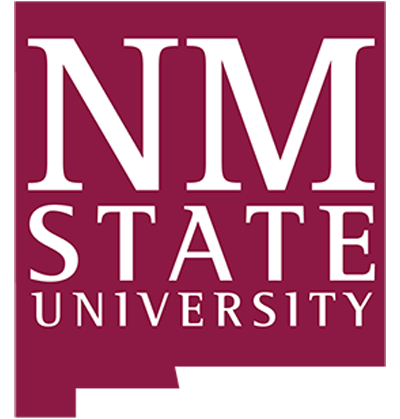The comprehensive examination may be taken no earlier than nine months after successful completion of the qualifying exam. This exam focuses on a candidate’s proposed research: scope, objectives, and justification. This exam consists of two parts: a written dissertation proposal and an oral examination. While the exam may include data already collected, the exam must propose work yet to be completed.
Students must complete the Doctorate of Philosophy Examination form of the Graduate School prior to the examination.
Dissertation Proposal (Written Examination)
The dissertation proposal will be developed in conjunction with the student’s major advisor and committee members, but must include significant independent analysis and planning by the student.
The written examination will include a thorough and critical review of the relevant literature, a statement of goals and specific objectives, an extensive outline of the experimental plan for accomplishing the stated objectives including some details of the procedures and approaches to be used and a complete list of references. The experimental plan should include a timetable for completion, including milestones for gauging progress. The proposal will be used as a guide for the dissertation research, with significant changes in content to be approved by the student’s committee.
The format of the written examination should follow (1) the formatting requirements of the dissertation as required by the Graduate School, or (2) the formatting requirements of a major funding organization (NIH, NSF, DOE, etc.). The written examination is subject to a strict 15 single-spaced page limit. This page limit does not include figures, tables, or references.
Committee review and approval of the proposal is intended to assure that the scope and nature of the research represents a significant and novel contribution to the field of chemical engineering, meritorious of a dissertation when completed.
The proposal must be rewritten as frequently as deemed necessary to meet the satisfaction of the major advisor and the committee with respect to the content, readability, and clarity in the use of the English language. The dissertation proposal must be submitted to all committee members ten business days before the planned date of the oral examination. Defense of the proposal must precede defense of the dissertation by nine calendar months.
Oral Examination
The oral portion of the comprehensive examination will include a 30- to 45-minute presentation of the dissertation proposal. This presentation will be followed by a rigorous defense of the proposal. At the end of the oral portion of the exam, a single vote is cast by each committee member regarding the student’s performance on the written and oral portion of the comprehensive. The vote is: pass, fail, or adjourn. Two or more votes for adjourn will require the oral portion of the exam to be rescheduled within 15 working days (3 weeks); committee may also require a rewrite of the written portion of the exam. Two or more votes for fail will require the committee to determine whether the student is disqualified from the comprehensive exam for a lapse of 1 semester, or disqualified from the Ph. D. degree program.
After successful completion of the comprehensive examination, a student must continue to register for at least 3 credits in dissertation (CH E 700) or graduate course work each regular semester until the dissertation has been approved by the Graduate School. A student who fails to abide by this regulation will be considered withdrawn from the university, and to resume studies must formally apply for readmission and satisfy the requirements in effect at the time of reapplication.
Time Limits
If more than five years have elapsed since the date of the comprehensive, the candidate will be required to take another comprehensive examination before admission to the final examination.


